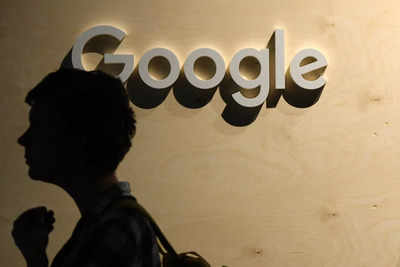
Google responds to bias accusations in its Gemini AI image generator by turning off image generation of people, apologizing, and planning to launch an improved version while addressing tuning and cautiousness issues.
is responding to criticism and accusations of bias within its
Gemini AI image generator
. After facing
backlash
for a perceived failure to accurately depict white people in generated images, the
technology company
has announced a new image generation tool it says aims to address these concerns. Google apologised and said “we did not want Gemini to refuse to create images of any particular group. And we did not want it to create inaccurate historical — or any other — images. So we turned the image generation of people off and will work to improve it significantly before turning it back on. This process will include extensive testing.”
Now, a senior Google executive has confirmed that the company will launched an
improved
version of Gemini AI image generator in the coming weeks. Google DeepMind CEO Demis Hassabis revealed this at a panel discussion at Mobile World Congress in Barcelona. “We have taken the feature offline while we fix that,” Hassabis said. “We are hoping to have that back online very shortly in the next couple of weeks, few weeks,” he added.
The issue came to light as users shared their results, including historical scenes that originally featured exclusively white individuals being re-imagined with diverse casts. This prompted accusations that Google had intentionally programmed a bias against white people into Gemini, with some critics labeling the tool as "
woke
" and politically motivated.
According to Google, two things went wrong. The company said that its tuning to ensure that Gemini showed a range of people failed to account for cases that should clearly not show a range. Secondly, the model became way more cautious than Google intended and refused to answer certain prompts entirely — wrongly interpreting some very anodyne prompts as sensitive. "These two things led the model to overcompensate in some cases, and be over-conservative in others, leading to images that were embarrassing and wrong,” said the company in a blog post.












 English (US) ·
English (US) ·